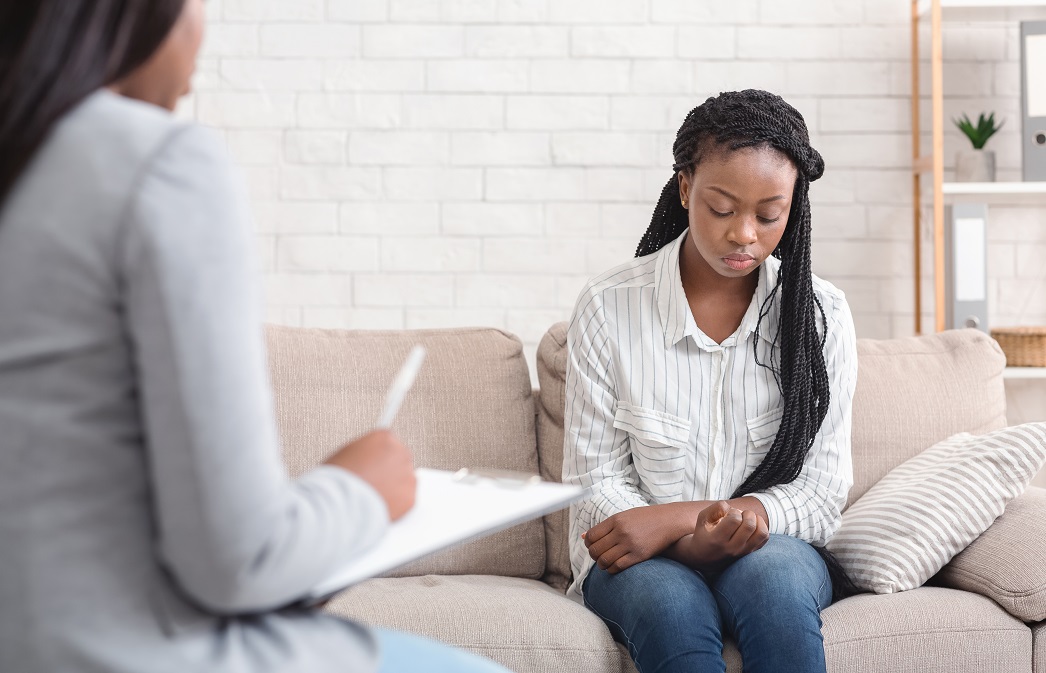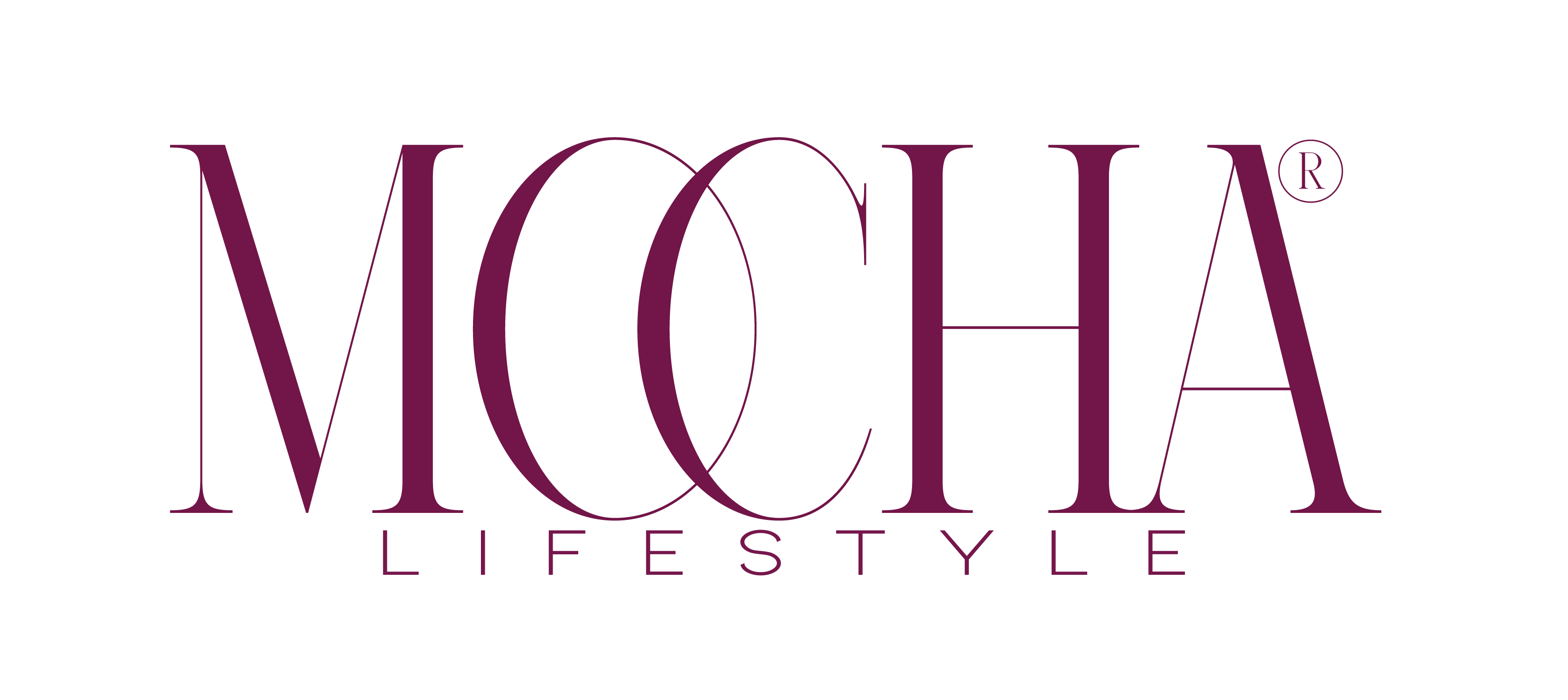
Having been featured in The Oprah Magazine, Forbes, Bustle, MTV, Huffington Post, Black Enterprise, Refinery29, and Essence, Dr. Joy Harden Bradford is on her way to becoming a household name. Her organization, Therapy for Black Girls, has been growing since 2014. The website was developed to overcome stigma surrounding mental health and wellness. It has succeeded in broaching the subject of mental health in ways that are more accessible and relevant to Black women.
Dr. Bradford has worked to connect Black women with counselors by creating a directory of Black therapists. Her directory now includes over 800 trained professionals around the country. Therapy for Black Girls connects women with therapists in their area, in-person or virtually.
As we close out a year that was wrought with protests about black lives, it seems an appropriate time to shine a spotlight on Black mental wellness. Fortunately, Dr. Bradford isn’t the only one working in this space.
More Support
The Boris Lawrence Henson Foundation, a non-profit founded by actress Taraji P. Henson, is another organization that is helping to fill the gaps. The foundation provides free virtual mental health therapy to support communities of color suffering during these incredibly challenging times. Texting “NOSTYGMA” to 707070 connects the texter to free therapy. An opportunity like this seems too good to be true–but should it?
Historically, it has been well-documented that communities of color are underserved and ineffectively treated by mental health professionals. Therefore, it’s no secret that mental health systems are failing women of color, and that needs to change.
Advocacy is Important Too
Also prominent on the scene is BEAM (Black Emotional and Mental Health) Collective. Their community of advocates, various health and wellness professionals, lawyers, teachers, and more intend to help heal the Black community. A primary goal is to break down the barriers that stand in the way of Black people getting and staying connected with effective emotional health care.
BEAM offers connections to resources like Mobile Crisis Rapid Response Teams. These teams provide immediate response emergency mental health services–often as an alternative to 911 or police. In addition, tool kits and education are easily accessible to help people grapple with their emotional well-being and care for themselves in an informed way.
Race influences the therapy experience–and Black professionals are stepping up to remedy this. At a time when the entire country is reevaluating its treatment and history of oppressing Black people, another major topic we have to consider is inequity in mental health treatment. Connection to effective emotional wellness resources shouldn’t be another thing that’s inaccessible to the Black community. Organizations such as BEAM, Therapy for Black Girls, the Boris Lawrence Henson Foundation are doing their part to help bridge the gap.

